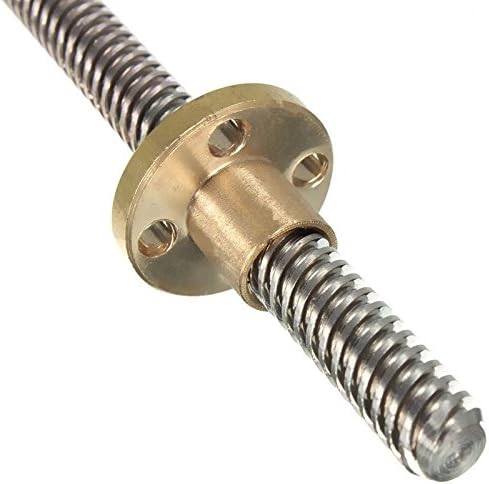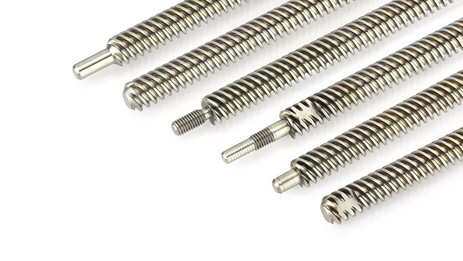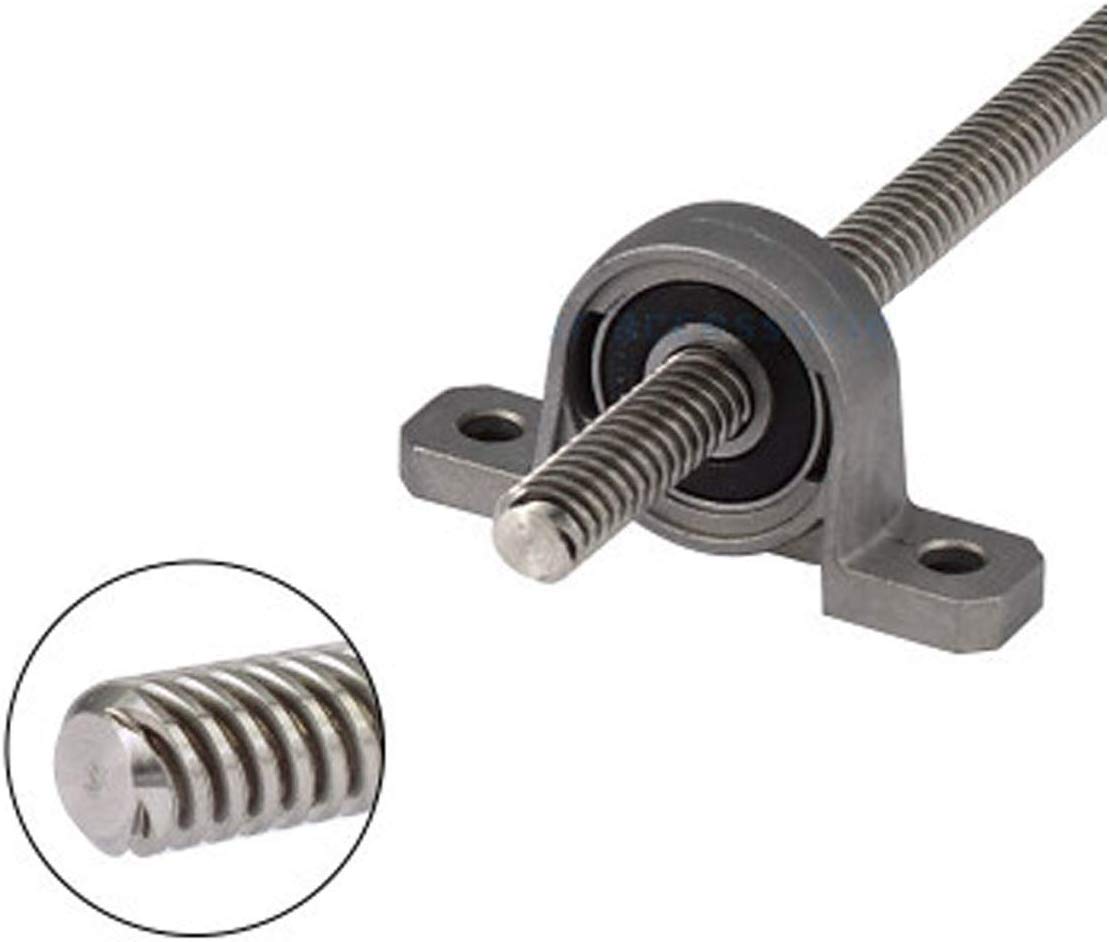Product Description
Product Description
High Quality DIN Standard Single Lead Thread 3.5X35 Gypsum Screw
| Material | C1571/1571A/Q195/Q235/45#/55#/22A |
| Surface Treatment | Black/Grey Phosphated, White/Yellow Zinc Plated, Nickel Plated. |
| Thread | Fine Thread, Coarse Thread |
| Diameter | M3.5-M6.3 |
| Length | 19mm-300mm |
| Point | Drill point, Sharp point. |
| Standard | DIN / ISO / GB |
| Packing | Ordinary packaging, Color box, Wooden box packaging, Small carton packaging, Packed in woven bags |
| Logo | If you need, we can provide a logo customization service |
| Delivery time | Normally in 15-30 days |
| Usage | Building construction, decoration field, bicycle parts, wooden furniture, electrical component, household, etc |
Detailed Photos
Product Parameters
Detailed Information of Thread
| Fine thread standard | |||||
| head width | thread diameter | diameter | |||
| 6# | 3.5 | 7.9-8.10 | 3.40-3.60 | 13-19 | 0.5 |
| 7# | 3.9 | 7.9-8.10 | 3.70-3.90 | 25-30 | 0.8 |
| 8# | 4.2 | 7.9-8.10 | 4.0-4.30 | 25-30 | 1.2 |
| 10# | 4.8 | 8.5-9.0 | 4.70-4.90 | 55-90 | 1.5 |
| 100-152 | 2.5 | ||||
| Coarse thread standard | |||||
| head width | thread diameter | diameter | |||
| 6# | 3.5 | 7.9-8.10 | 3.65-3.90 | 13-19 | 0.5 |
| 7# | 3.9 | 7.9-8.10 | 3.90-4.20 | 25-30 | 0.8 |
| 8# | 4.2 | 7.9-8.10 | 4.30-4.60 | 25-30 | 1.2 |
| 10# | 4.8 | 8.5-9.0 | 4.90-5.30 | 55-90 | 1.5 |
Certifications
Packaging & Shipping
Our Advantages:
1. Professional Manufacturer of Screws
and Fasteners in China.
2. Three of our own Factories in ZheJiang , China.
3. 280 sets of automatic production equipment.
4. Technology Team and QC Team.
5. Professional Foreign Trade Service Team.
And Our company:
1: 20 kilometers away from ZheJiang Airport
2: 25 kilometers away from ZheJiang Port
3: 120 kilometers away from ZheJiang Airport
It is very convenient to transport goods!
Company Profile
About Us
ZheZheJiang nruifeng Technology Co., Ltd., was established in 2008 and its business covers fastener design, manufacturing, and export. We have 3 production bases, with a total area of 10,000+ square meters. Our main products include drywall screws, chipboard screws, self-drilling screws, and self-tapping screws. We can also provide other fasteners, like nails, staples, blind rivets, anchors, bolts, and nuts.
We have 200+ sets of automatic production equipment, including wire drawing machines, cold-heading machines, thread rolling machines, tailing machines, and heat-treatment lines. We are your one-stop manufacturer from raw material to final products. Our annual production capacity reaches up to 30,000 tons, 70% of which are exported to different countries and regions.
ZheZheJiang nruifeng Technology Co., Ltd. has been in the fastener industry for nearly 20 years and we can customize all kinds of products per your requirements. We have an established management system and quality control procedure. Excellent quality, competitive price, and timely delivery are the pillars of the company’s foundation. Win-win and long-term cooperation is our final goals when dealing with different clients.
FAQ
Q: What are your Hot sale products?
A: Drywall screws, Chipboard screws, Wood Screws, Self Tapping Screws, Self Drilling Screws, Gypsum Screw, Roofing Screw, Truss Head screws, and other Special screws.
Q: Are you a trading company or manufacturer?
A: We are a manufacturer. Our production manager has over 15 years of production experience on Screws.
Q: How long is your delivery time?
A: Generally it is10-15 days if the goods are in stock. or it is 4-5 weeks if the goods are not in stock, it is according to quantity.
Q: Do you provide samples? is it free or extra?
A: Yes, we could offer the sample for free charge but consumers should pay the freight first.
Q: Why choose us?
A: 1) Reply to you in 24 working hours.
2) Experienced staff would like to answer all your questions in time.
3) Customized design is available. ODM&OEM are welcomed.
4) Special discounts and protection of sales area provided to our consumers.
5) As an honest exported seller, We are a professional manufacturer, quality quotation, good service, and skilled technicians to ensure our products are finished in high quality and stable features.
| Material: | Carbon Steel |
|---|---|
| Type: | Round Head |
| Groove: | Cross |
| Connection: | Common Bolt |
| Head Style: | Round |
| Standard: | DIN, GB, GOST |
| Samples: |
US$ 0/Piece
1 Piece(Min.Order) | |
|---|
| Customization: |
Available
|
|
|---|

How does the design of lead screws impact their performance in different environments?
The design of lead screws plays a crucial role in determining their performance in different environments. Lead screws are mechanical devices used to convert rotational motion into linear motion. They consist of a screw (also known as the lead screw or power screw) and a nut that engages with the screw’s threads. The performance of lead screws can be influenced by various design factors, including the thread profile, lead angle, material selection, and lubrication.
Thread Profile: The thread profile of a lead screw refers to the shape of the threads on the screw and nut. Common thread profiles include square, Acme, and ball screw. The choice of thread profile affects the efficiency, backlash, and load-carrying capacity of the lead screw. For example, ball screws generally offer higher efficiency and lower backlash compared to square or Acme threads, making them suitable for applications requiring high precision and efficiency.
Lead Angle: The lead angle of a lead screw is the angle between the helix and the axis of the screw. It determines the linear distance traveled by the nut for each revolution of the screw. Lead angle influences the mechanical advantage, speed, and load-carrying capacity of the lead screw. Steeper lead angles provide higher mechanical advantage but may reduce the speed and load capacity. Shallower lead angles, on the other hand, offer higher speed but lower mechanical advantage.
Material Selection: The choice of materials for lead screws depends on the specific environmental conditions and application requirements. Factors such as mechanical strength, wear resistance, corrosion resistance, and temperature resistance need to be considered. Common materials for lead screws include stainless steel, carbon steel, and bronze. Stainless steel is often preferred for its corrosion resistance, while bronze may be chosen for its self-lubricating properties.
Lubrication: Proper lubrication is essential for the smooth operation and longevity of lead screws. Lubricants reduce friction and wear between the screw and nut, improving efficiency and reducing the chances of seizing or galling. The selection of lubricants depends on the operating conditions, such as temperature, speed, and load. For high-temperature environments, specialized high-temperature lubricants may be required.
In different environments, the design considerations for lead screws may vary. For example:
- In high-temperature environments, the selection of materials with high-temperature resistance becomes critical to prevent premature failure or deformation of the lead screw.
- In corrosive environments, materials with good corrosion resistance, such as stainless steel or specialized coatings, should be chosen to protect the lead screw from chemical degradation.
- In applications where precision is crucial, such as CNC machines or robotics, lead screws with low backlash and high efficiency, such as ball screws, are often preferred.
In summary, the design of lead screws, including thread profile, lead angle, material selection, and lubrication, significantly impacts their performance in different environments. It is important to consider the specific requirements of the application and environmental conditions to choose the most suitable lead screw design for optimal performance and longevity.

How does the choice of lead screws affect the overall performance and reliability of linear motion systems?
The choice of lead screws has a significant impact on the overall performance and reliability of linear motion systems. Different types of lead screws offer distinct characteristics and capabilities that influence factors such as accuracy, load capacity, speed, efficiency, backlash, and durability. Here are some key ways in which the choice of lead screws affects the performance and reliability of linear motion systems:
- Accuracy and Precision: The selection of an appropriate lead screw type can directly impact the accuracy and precision of linear motion systems. Lead screws with fine thread pitches or multiple starts provide higher resolution and finer positioning capabilities, resulting in improved accuracy. Choosing a lead screw with low backlash and minimal axial play helps maintain precise motion control and repeatability.
- Load Capacity: Different lead screw designs have varying load-carrying capacities. Factors such as the diameter, pitch, material, and thread type influence the ability of a lead screw to handle axial loads. Selecting a lead screw with sufficient load capacity ensures the system can handle the required loads without compromising performance or risking premature failure.
- Speed and Efficiency: Lead screw selection affects the speed and efficiency of linear motion systems. Coarser thread pitches enable faster linear speeds, making them suitable for applications that require rapid movement. However, finer thread pitches offer increased mechanical advantage and torque conversion efficiency, making them preferable for systems requiring higher force output.
- Backlash and Repeatability: Backlash, the clearance between the lead screw and nut, can impact the accuracy and repeatability of linear motion systems. The choice of lead screw influences the amount of backlash present. Lead screws with low backlash or anti-backlash mechanisms minimize positioning errors and ensure consistent repeatability, enhancing system performance and reliability.
- Lubrication and Maintenance: Different lead screw materials and designs require specific lubrication and maintenance practices to ensure optimal performance and longevity. Some lead screws may require periodic lubrication, while others may be self-lubricating or require minimal maintenance. Choosing a lead screw that aligns with the maintenance capabilities and requirements of the system simplifies upkeep and reduces the risk of premature wear or failure.
- Environmental Considerations: The choice of lead screws should also take into account the environmental conditions in which the linear motion system will operate. Factors such as temperature, humidity, exposure to contaminants, or corrosive agents can impact the performance and reliability of lead screws. Selecting lead screws with appropriate materials, surface treatments, or protective coatings ensures compatibility with the intended operating environment.
It is crucial to carefully assess the specific requirements of the linear motion system and consider factors such as load capacity, accuracy, speed, backlash, maintenance, and environmental conditions when choosing a lead screw. Consulting with manufacturers, engineers, or industry experts can provide valuable insights and guidance to select the most suitable lead screw for achieving optimal performance, reliability, and longevity in a given application.

How does a lead screw differ from other types of screws in terms of design and functionality?
A lead screw differs from other types of screws in terms of its design and functionality. Here’s a detailed explanation of the distinctions between lead screws and other screw types:
- Thread Design: Lead screws have a helical thread design, meaning the threads wrap around the screw’s cylindrical shaft in a continuous spiral. This helical thread allows for the conversion of rotary motion into linear motion. In contrast, other types of screws, such as machine screws or wood screws, typically have a straight or tapered thread design suited for fastening or joining applications.
- Linear Motion Conversion: The primary function of a lead screw is to convert rotary motion into linear motion or vice versa. It achieves this by utilizing the engagement between the helical threads on the screw and the matching threads on the nut. This capability makes lead screws suitable for applications requiring precise positioning, actuation, or adjustment of components along a linear path. In contrast, other screws are primarily used for fastening, joining, or securing objects together.
- Precision and Control: Lead screws offer precise control over linear movement due to their thread pitch and the ability to rotate the screw with precision. The pitch determines the linear distance the nut will travel for each revolution of the screw. This feature makes lead screws well-suited for applications that demand accurate positioning or adjustment. In contrast, other screws are not designed with the same level of precision or control over linear motion.
- Load Handling: Lead screws are designed to handle both axial loads (tension or compression forces) and torque. The helical threads and the engagement between the screw and nut distribute the load over a larger surface area, allowing lead screws to support and transfer significant loads. Other screw types, such as machine screws or wood screws, are primarily used for fastening and may not have the same load-bearing capabilities as lead screws.
- Applications: Lead screws find applications in various mechanical systems that require precise linear motion, such as CNC machines, 3D printers, robotic systems, and adjustable mechanisms. They are commonly used for positioning, actuation, or adjustment purposes. Conversely, other types of screws serve different purposes, such as machine screws used for fastening components together, wood screws for joining wooden materials, or self-tapping screws for creating threads in materials like metal or plastic.
Overall, the key differences between lead screws and other types of screws lie in their thread design, their ability to convert rotary motion to linear motion, the precision and control they offer, their load-handling capabilities, and the specific applications they are designed for. Understanding these distinctions is essential when selecting the appropriate screw type for a particular mechanical application.


editor by CX 2023-12-04